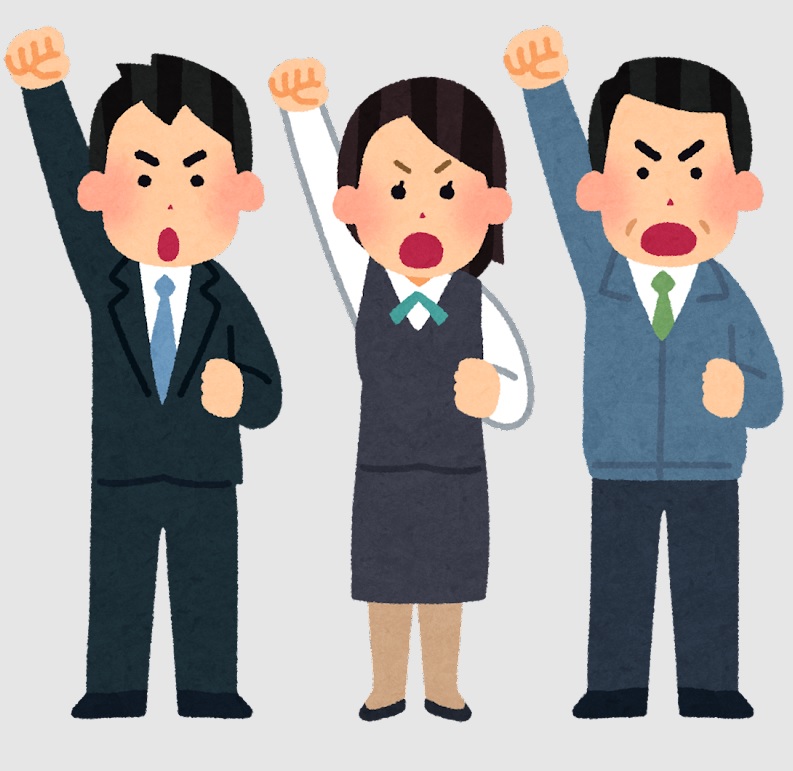「時代が変われば正解も変わる|給与の停滞、年金のジレンマ」
〜前回のつづき〜
●将来減る年金、毎年増える負担。今から考えよう!(つづき)
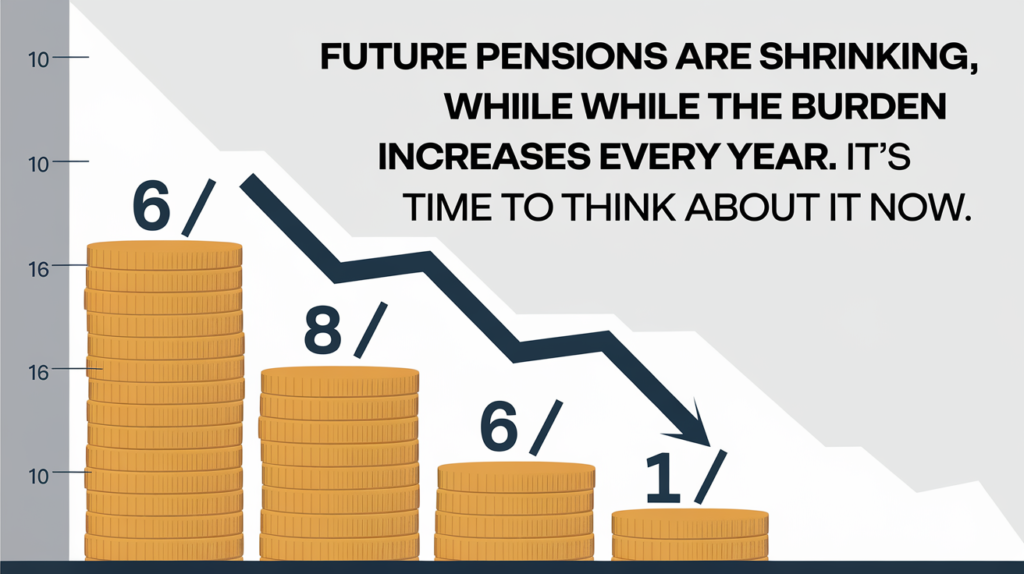
社会保険とは
さほど関係ないんですけど
更に増えない給料ですよね。
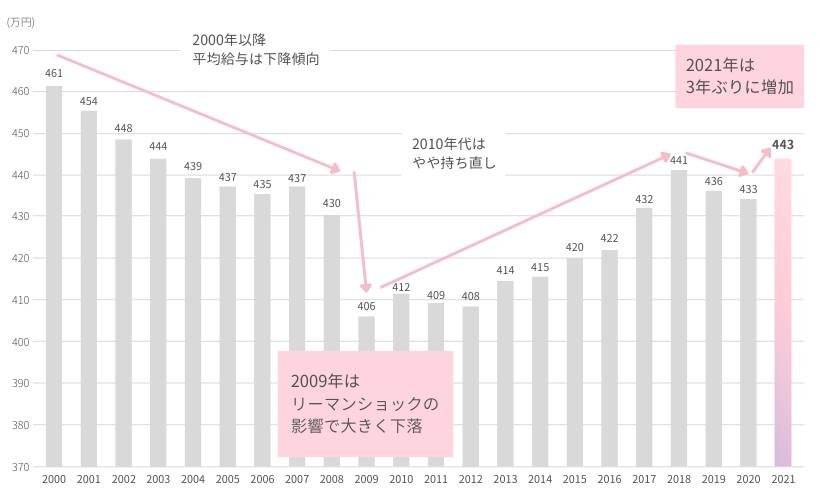
(出典:https://moneliy.jp/investment/27010)
この図を見てもらったらわかるように
給料がさほど増えてないんですよね。
どこの国でも
給料は大体増えていってるんですけど
25年前から日本は
さほど変わらない水準なんですよね。
昔の終身雇用の時代は
頑張れば誰でも報われる可能性が
高かった。
とにかく頑張ってたら
ひたすら右肩上がり状態。
でも今後の時代は
右肩上がりの成長は
全然期待できない。
国全体として伸びていってない。
大企業もそうなっているので
サラリーマンにも報酬として
当然降りてこない。
親の世代の言う事というのは
昔は正しかったんですけど
石の上にもナントカみたいな。
終身雇用でずっと頑張ってたら
報われるみたいな。
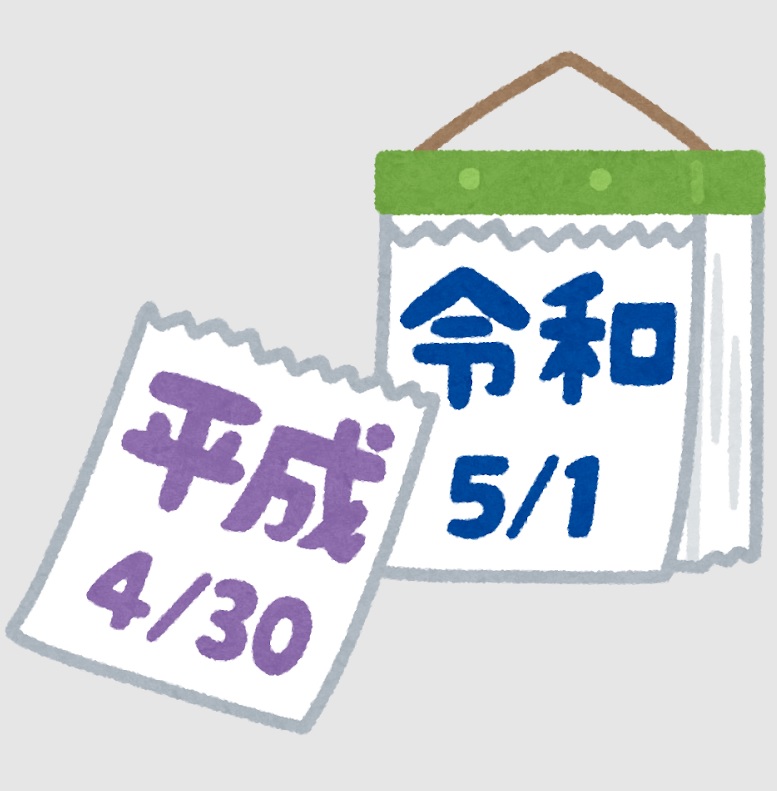
今は時代が変わって
時代が変われば正解も変わる
という事です。
今は給料が
まだピークまでいってないんですよ。
なのでずっと変わらない。
給料が上がらないんですよね。
これらが重なって
トリプルパンチとなって
生活が苦しいんですよ。
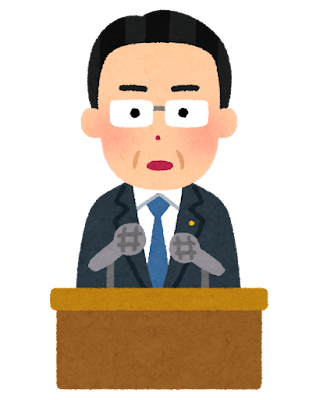
「副業解禁します」
と言って最近政府がやってますよね?
国が後押しするというので

「原則どこの会社でも
社員が副業するのを
認めてあげなさい」
ということで後押ししてる。
というメッセージなんですけど

「貯蓄から投資へ」
とかより投資にお金が流れるように
・NISAとか色んな制度を作ったり
・副業のガイドラインをつくったり
そういうことをやってるんですけど
このメッセージをどう見るか?
という事ですよね?
優しいから
やってくれてるのかというと
どうなのか?なんですけど
要は国は

「減少している分を
自分でなんとかしろ!」
と言ってるんです。

「国は面倒見ないよ!」
と色んな税金の事とか
扶養の税金の改定であったりとか
もろもろの改定
色んなものがあるんですけど
どういうメッセージを
発してるのかと言うと

「国はもう面倒見れないから
あなたたち減少分なんとかしなさいよ!」
と言ってるんですよ。
だから全員
自分で何とかしていかないといけない時代に
突入しているという事です。
この前提として
年金は入った方が得なのか?
という事になるんですけど
結論から言えば
損する人の方が圧倒的に多いだろう
という事になるのではないかという事です。

「じゃあ払いたくない!」
ということになる訳です。

「損する事がわかってて
何で払わなければならないのか!」
と思いますよね?
●年金は強制加入。未来の自分からの“先払い”です。

そもそも年金は
払った方がいいのか?
大前提として強制加入です。
ここが大変というか
払わないという選択肢が
そもそも無いんですよ。
入らないという選択肢自体が無い。
入らないといけない
という事になっています。

特に会社員の場合は
給料からの天引きなので
逃げようが無いんですよね。
会社も
徴収の義務を負わされてるので
逃げようとしても無理です。
源泉=元から引かれてるから
自分の手元に来る時には
もうすでに引かれてる訳です。
逃げようが無いんですよ。
厚生年金とか健康保険と
セットで加入しますし
結局
厚生年金単体で入るんじゃなくて
健康保険などと
もろもろセットで入るので
18%と言いましたけど
色んな社会保険であったりとか
要は
全部先に引かれてしまうので
逃げようが無いという事ですね。
〜〜〜つづく〜〜〜
Special Thanks college president Ryo.

●おまけ
≪≪Chat-GPTくんによる要約→perplexityちゃんによる文章まとめ≫≫
日本の給与は過去25年間ほぼ横ばいで、他国と比較しても増加率が低迷しています。経済成長の停滞やデフレの影響により、若手への賃金配分が難しく、非正規雇用の増加も拍車をかけています。
一方、年金制度は強制加入で、会社員は給与から天引きされるため逃げようがありません。政府は「副業解禁」や「貯蓄から投資へ」を促進し、実質的に個人に自己責任での収入補填を求めています。
将来的に年金受給額が減少する可能性が高く、多くの人にとって損失となる懸念があります。このような状況下で、個人は時代の変化に合わせた働き方や資産形成を真剣に考える必要があります。給与が増えない中、副業や投資などを通じて、自らの収入を主体的に補う戦略が求められているのです。
Citations:
[1] https://moneliy.jp/investment/27010
≪≪Chat-GPTくんによる英訳≫≫
~Continuation from the previous discussion~
【The decreasing pension in the future and the increasing burden every year. Let’s think about it now! (Continued)】
Social insurance is not directly related to this, but it is about the salaries that aren’t increasing.
(Reference: https://moneliy.jp/investment/27010)
As you can see from this chart, salaries haven’t really increased.
In most countries, salaries are generally increasing, but in Japan, the level has remained almost the same for the past 25 years.
In the old days of lifetime employment, there was a higher chance that anyone who worked hard would be rewarded.
As long as you worked hard, things would steadily improve.
But in the future, we can’t expect continued growth. The country as a whole isn’t growing.
Even large companies are now in the same situation, so salaried workers won’t naturally receive increased compensation.
What the previous generation said was true back then, but now the saying “perseverance prevails” doesn’t apply anymore.
During the era of lifetime employment, it was believed that if you kept working hard, you’d eventually be rewarded.
Now, times have changed. When times change, the right answer also changes.
Salaries haven’t reached their peak yet, and they aren’t expected to increase any time soon.
These factors combined create a triple punch, making life difficult.
The Minister
“The government will now allow side jobs,” they’ve been saying recently.
The government is encouraging this.
The Minister
“Companies should, in principle, allow employees to do side jobs.”
This is the message being promoted.
The Minister
To encourage money to flow into investments, such as through the creation of systems like NISA and guidelines for side jobs.
How do we view this message?
Is it because they’re being kind and doing it for us? Not necessarily.
The bottom line is, the government is saying,
“You need to handle the decrease yourself!”
The government is no longer going to take care of it. Various changes, such as tax adjustments and the modification of allowances, are taking place.
What message is being sent?
It’s saying, “The government can’t take care of you anymore, so you need to handle the decline on your own!”
This means we’re entering an era where everyone must take care of themselves.
With this as the premise, the question arises: Is it better to participate in the pension system?
In conclusion, it seems that the majority will lose out from it.
So, the natural reaction is: “I don’t want to pay!”
Why should we pay when we know we will lose?
【Pensions are mandatory. It’s a ‘prepayment’ to your future self.】
So, should we pay into the pension system?
The basic premise is that it is mandatory.
This is the difficult part — there is no option to not pay.
There is no option not to enroll.
You are required to enroll.
Especially for salaried employees, since it is deducted directly from your salary, there is no way to escape it.
The company is obligated to collect it, so there’s no way to avoid it.
Since it’s deducted at the source, by the time the money reaches you, it’s already been taken.
There is no escape.
You are enrolled in the pension and health insurance as a package.
In the end, you don’t just enroll in the pension; you also enroll in health insurance and other social insurance.
Even though it’s 18%, it covers various social insurances, and essentially, everything is taken out in advance, so there’s no way to avoid it.
Special Thanks OpenAI and Perplexity AI, Inc
